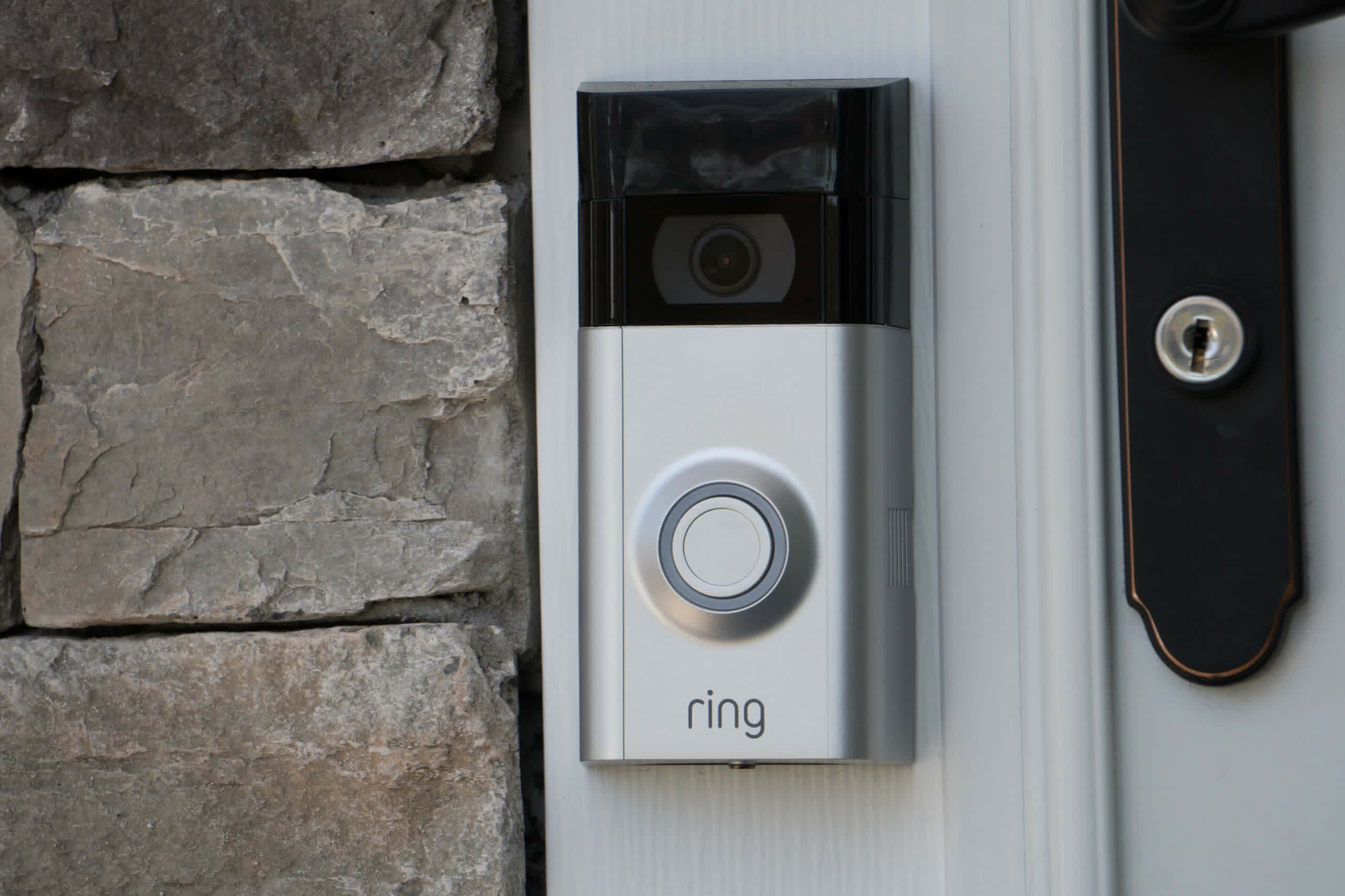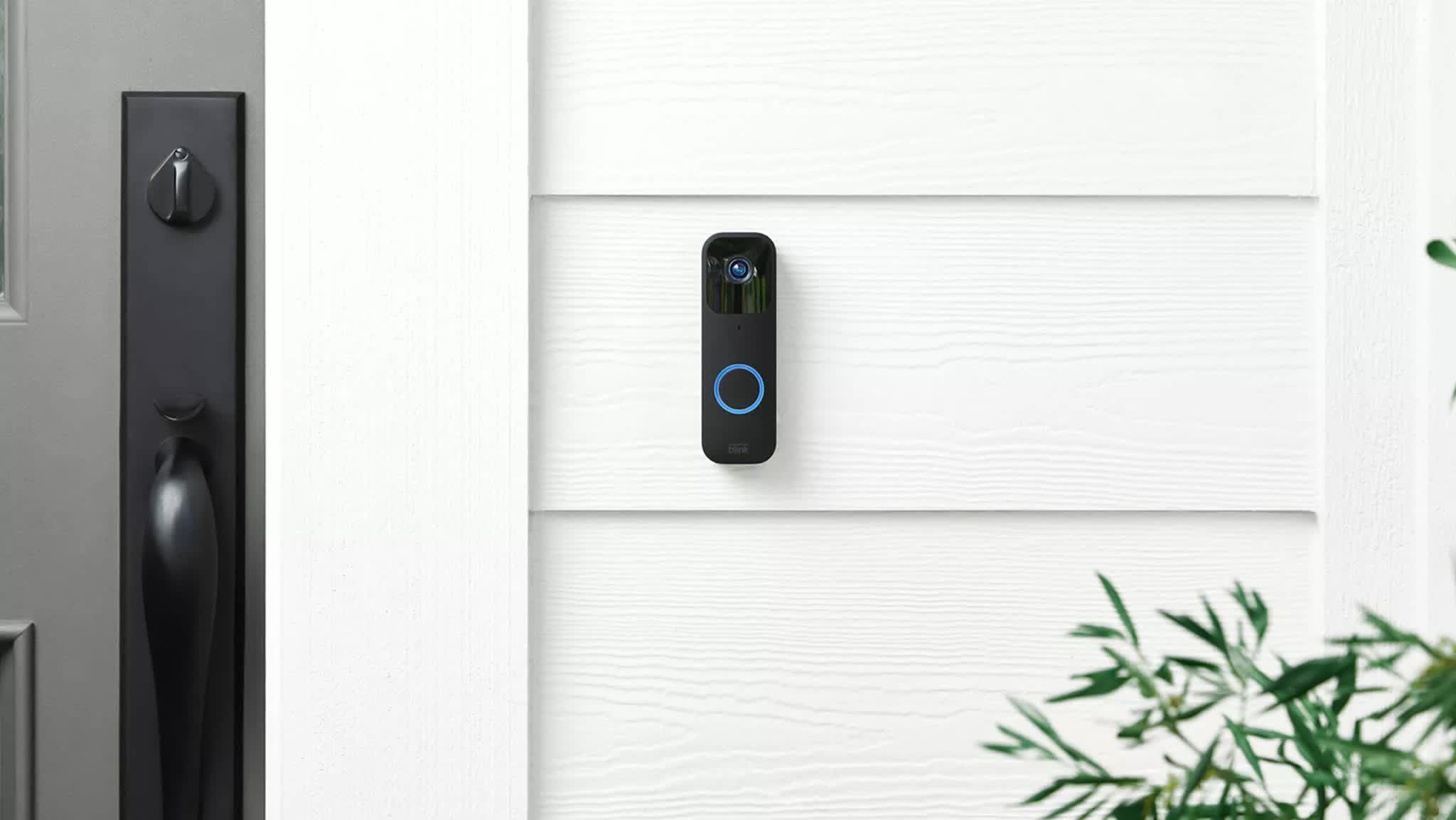What just happened? Ring, the smart home security company owned by Amazon, found itself in the crosshairs of the Federal Trade Commission back in 2023 over some serious privacy missteps. Now, over twelve months later, the commission is sending $5.6 million in refunds to customers as part of the settlement Ring agreed to last year.

The settlement stems from charges that Ring failed to properly safeguard video footage from its popular doorbell cameras and indoor security cams. According to the FTC's complaint, Ring employees and contractors were able to access customers' private videos without consent for purposes like training AI algorithms.
Even more concerning, the earlier regulators found that Ring neglected to implement basic security practices, allowing hackers to breach customer accounts and gain control over cameras and videos between 2016 and 2020. The FTC didn't mince words, calling it an "egregious violation of users' privacy."
Under the terms of the settlement, Ring had to delete any unlawfully obtained video content and agree to much stronger security measures going forward. But the biggest immediate impact is the $5.6 million the company paid as fine to the FTC, which is now being refunded to affected customers.
This week, the FTC announced it is distributing over 117,000 PayPal payments to eligible Ring owners who had devices during the timeframe when unauthorized access occurred. Customers have 30 days to redeem the payments before they expire.

While Ring seemingly downplayed the incident, telling The Associated Press that bad actors took emails and passwords "stolen from other companies to unlawfully log into Ring accounts of certain customers" who reused the same credentials across multiple sites back in 2019, the revelations paint a troubling picture of lax security and oversight at the company.
Previously, there were reports that revealed not only did Ring give broad video access to staff and contractors, but some employees even took advantage, viewing thousands of video clips from female customers in private settings like bedrooms and bathrooms.
One particularly disturbing case involved an employee who was only caught and fired after another co-worker noticed their inappropriate snooping on customer videos.
For consumers considering Ring or other smart home cameras and security products, this saga underscores the importance of vendors establishing rigorous safeguards and earning trust. After all, you're effectively giving these companies a window into your private spaces.
FTC distributes $5.6 million in refunds to Ring customers from privacy settlement